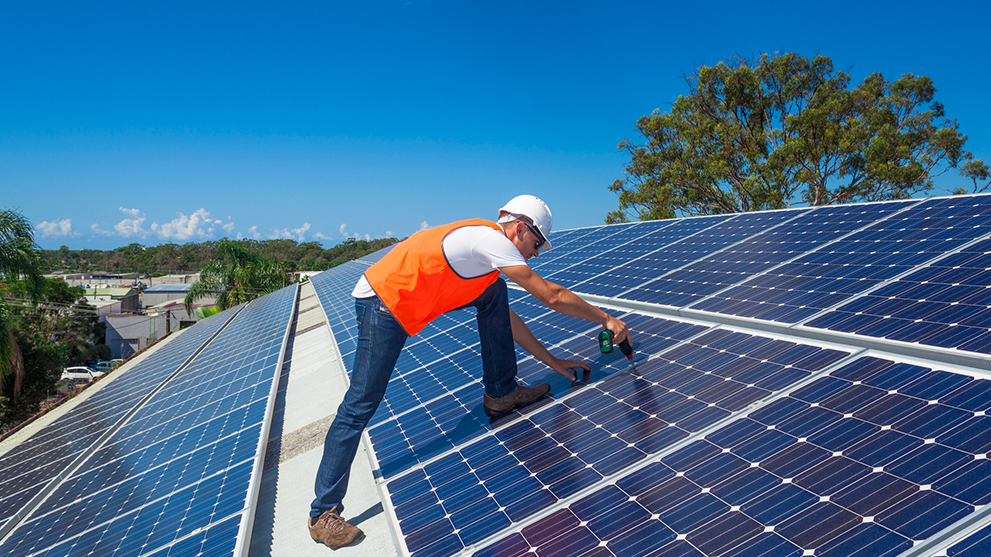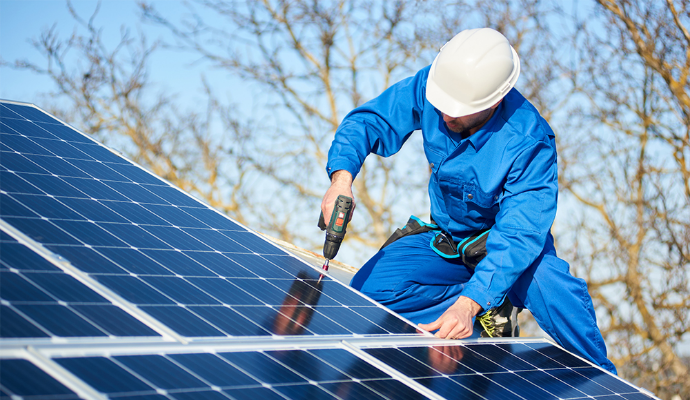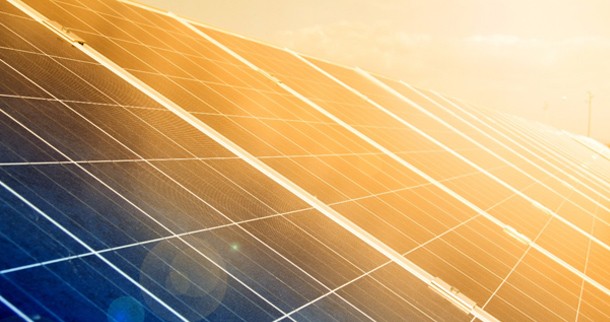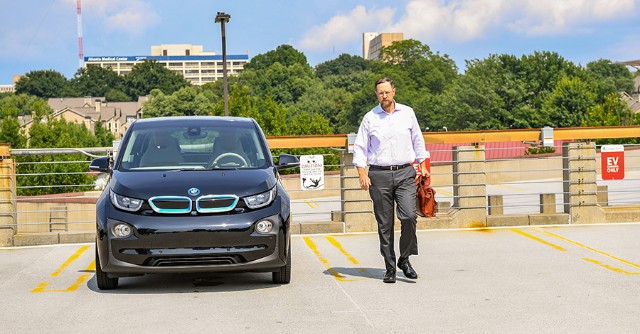How to connect your solar panel system to the grid
Once you have contracted with a solar developer to install your solar system, an application will need to be placed using our online PowerClerk system. The solar company typically places and manages the application on behalf of the customer as a courtesy. The customer is notified of the progress and next steps via email. Once installed, the solar system should remain off until the customer receives the Permission to Operate (PTO) email from Georgia Power.
For more information about solar installation requirements and best practices, please reference the following:
Operation of Distributed Energy Resources (DER) in Parallel with the Distribution System (PDF)
Application Overview (using PowerClerk)
PowerClerk is Georgia Power's online system for managing rooftop solar installation applications. If you're new to the system, download our Interconnection Guide for an overview of the process.

Purchased a business with a solar energy system?
You will need to sign an Interconnection Agreement with Georgia Power before you can benefit from one of our solar programs.
Please contact us so that we may assist you with your application.
Please include the following information when contacting a Solar Specialist:
- Account Number, Name, and Address
- Contact Information
Calculate your solar generation
Use the NREL PV watts calculator to estimate the amount of energy your solar panels will produce in an annual period.
Locate a certified solar installer
There are many solar installers operating in the state of Georgia. Georgia Power recommends hiring a board certified installer to ensure they have the proper knowledge for your project.
Find InstallerFrequently Asked Questions
Rooftop Solar Programs
Find answers to the most common customer questions here. Search by category to learn more about our Rooftop Solar programs.
Does Georgia Power offer any incentives or rebates for commercial solar installations?
Neither Georgia Power nor the State of Georgia currently offer any incentives or rebates for residential solar installations. However, there is a 30% federal investment tax credit available for businesses with tax liabilities. Nonprofit organizations may also be able to take advantage of a 30% direct pay option. We recommend speaking with an accountant or CPA to ensure you can take advantage of the incentive when you file your taxes the next year. For more information, please visit the EnergyStar website.
What is the lifespan of panels and inverters?
Solar panels are warrantied for 25 years and typically last 25–30 years and generate electricity in the form of direct current (DC). There is another piece of equipment needed for the installation called the inverter, included with the system. The inverter converts the electricity from direct current (DC) to alternating current (AC). The inverter typically lasts 15-20 years; you may have to replace the inverter at some point during the life span of the solar panels, and that replacement cost is not included. Lastly, the inverter is wired directly into the breaker panel box. The installer would need to check the breaker panel to determine if space is available.





